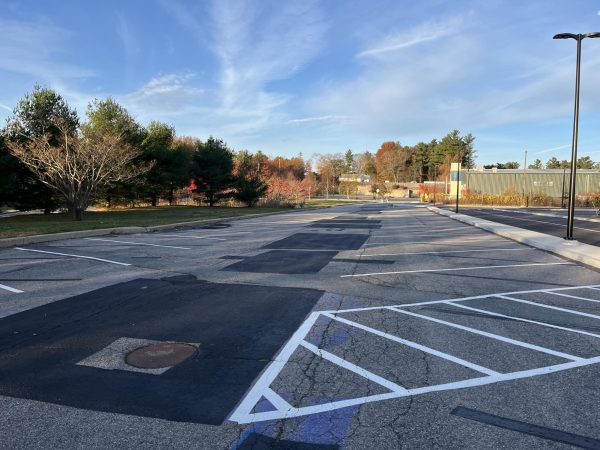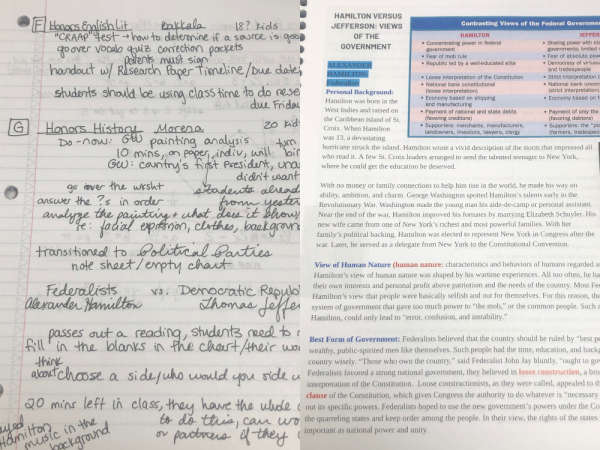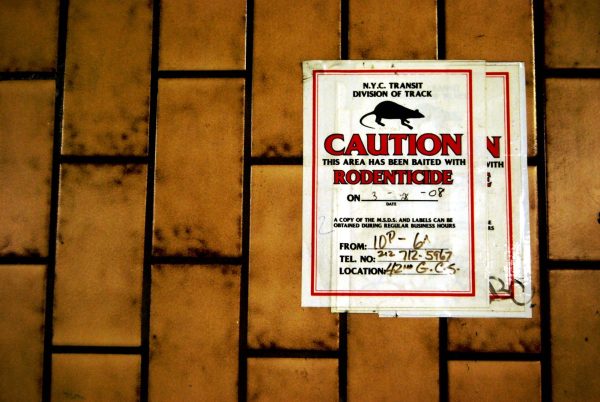Study halls: a time for more work and less play
How students utilize study halls is an ongoing debate at AMSA.
In theory, study halls at AMSA are important to students’ ability to get their work done on time, as well as cutting back on hours spent working at home, sometimes late into the night.
In reality, students often aren’t using the time responsibly. Students have historically run into trouble for goofing off or playing games.
It isn’t always malicious. Some students use study halls as down time, to simply relax during a difficult day. But even if they’re not working, they could be reading a book, drawing, or just taking a moment without causing a disruption or violating school policy.
“If a student said to their study hall teacher, ‘Hey, I don’t have much work to do today, can I just read a book?’ Sure, that’s perfectly fine,” Principal Mike Nawrocki said. “I just think students need to be doing something productive during that short block of time.”
Having a casual chat, even for just a moment, helps some get through the day so that it’s not all academics, all the time.
“Sometimes I talk quietly with my friends and we get off of an academic topic, but usually we end up back on track,” freshman Lily Roseberry said. “It helps to relax even for a minute or two.”
Students working together is also a fairly common theme for study halls.
“My friends and I pretty much always help each other out with work, but we’re always quiet, and we don’t disrupt anyone else or anything,” Lily said.
Mr. Nawrocki said he does not have a problem with students working together, as long as it is on task. When asked about any specific guidelines that could be put in place for more strictly run study halls, he said he leaves that mostly to the teachers.
“I do think that every study hall should feature students working on schoolwork,” he said. “However, in the guidelines, there could be some flexibility on occasion that would have to be monitored by the study hall teacher.”
French teacher Juliet Zhobro likes to check in with students during study hall.
“I like to ask them how they are all doing, and especially on Mondays, ask them how their weekends were or how their day was yesterday,” she said. “Then I just let them go off and do their work.”
This year, the concept of study halls and what they are designed for was complicated by the decision to let seniors leave campus during any study halls they may have.
“We want to be able to give them some freedom, and it teaches them responsibility, since they have to be back by the end of the study hall,” Mr. Nawrocki said.
For some seniors, the decision to stay at school and work or leave for something else depends on what the current workload is.
“Yeah, I usually go out when I don’t have much or any homework to do; I’ll just drive over to Friendly’s and get ice cream or something,” senior Tenley Cox said. “If I have a lot of homework then I’ll stay to work on it though.”
Ideally, administrators would like to see students working quietly and diligently during study halls, and they should be using as much time as possible to get work done so that they aren’t up late doing work and needlessly inducing stress.
“We want students to learn to manage their time well here, and get their assignments completed, and do what they need to do,” Mr. Nawrocki said.

Erin is a senior who has been at AMSA since 6th grade. She is returning after a two-year break to write for The AMSA Voice. Erin is an active member of...







